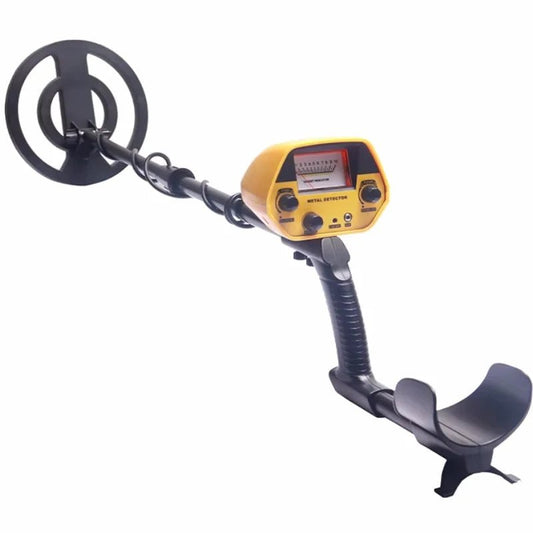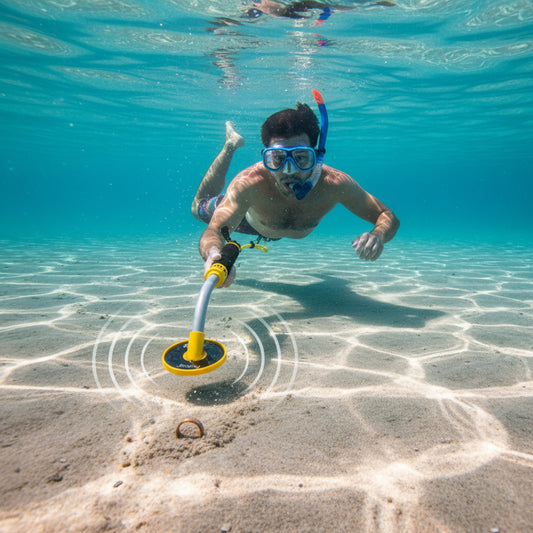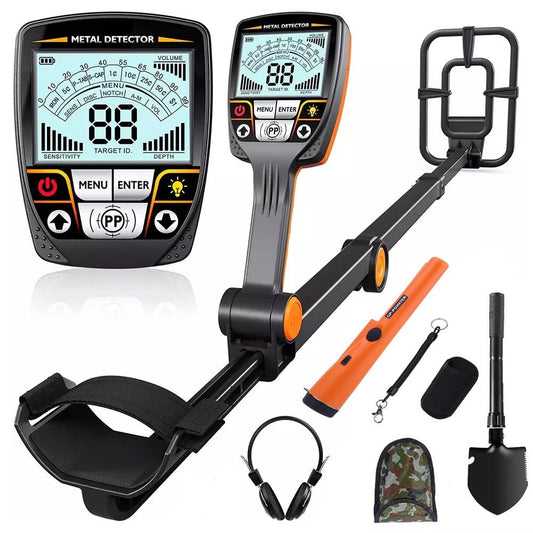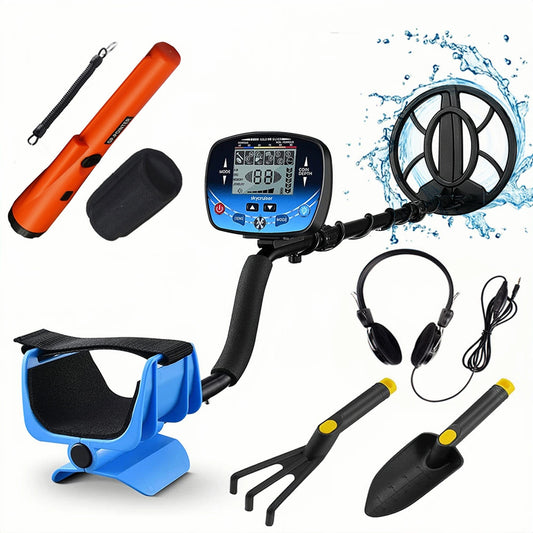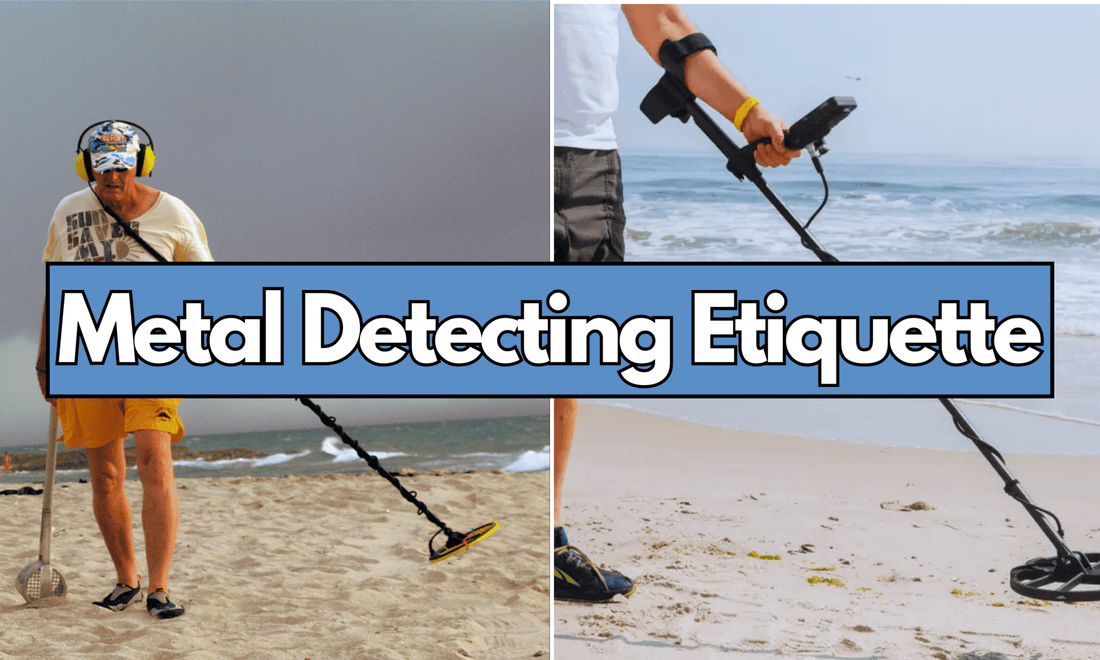
Metal Detecting Etiquette: Guidelines for Responsible Treasure Hunting
Share
Metal detecting is an exciting hobby that combines the thrill of treasure hunting with outdoor exploration. However, to ensure the longevity and respectability of this pastime, it's crucial to follow proper metal detecting etiquette.
This guide will outline the essential rules and best practices for ethical detecting in 2025.
1. Respect Private Property

Always obtain permission before metal detecting on private land.
This is not only a legal requirement but also a matter of respect. Approach landowners politely and consider offering them a share of any valuable finds.
2. Know and Follow the Law
Familiarize yourself with local, state, and federal laws regarding metal detecting.
Some areas, such as national parks or historical sites, may have strict regulations or outright bans on metal detecting.
3. Leave No Trace
The "leave no trace" principle is fundamental to responsible metal detecting. Always fill in your holes, dispose of any trash you find, and leave the area as you found it or in better condition.
4. Respect Other Detectorists
When detecting in popular areas, maintain a respectful distance from other detectorists.

A good rule of thumb is to keep 20-30 feet apart to avoid interference between detectors.
5. Use Headphones in Public Areas

When detecting in public spaces like parks or beaches, use headphones to avoid disturbing others with your detector's sounds.
It can be very aggravating to hear beeping sounds when trying to relax on the beach obviously.
6. Handle Finds Responsibly
If you uncover items of historical significance, handle them with care and report them to the appropriate authorities. For valuable personal items like jewelry, make efforts to locate the original owner.
7. Be an Ambassador for the Hobby
Remember that your actions reflect on the entire metal detecting community. Be courteous, answer questions from curious onlookers, and always present a positive image of the hobby.
8. Respect Wildlife and the Environment

Be mindful of your impact on nature. Avoid disturbing wildlife, nesting areas, or sensitive plant life. On beaches, be aware of turtle nesting grounds and other protected areas.
9. Join a Metal Detecting Club
Joining a local club can provide valuable insights into local regulations, best practices, and ethical detecting techniques. It's also a great way to connect with fellow enthusiasts.
10. Continuous Learning
Stay updated on the latest metal detecting techniques, technologies, and ethical guidelines. The field is constantly evolving, and being well-informed will make you a more responsible detectorist.
Conclusion
By following these metal detecting etiquette guidelines, you'll not only enhance your own detecting experience but also contribute to the positive reputation of the hobby. Remember, responsible detecting ensures that future generations can continue to enjoy this fascinating pursuit.
Whether you're searching for historical artifacts, lost jewelry, or simply enjoying the outdoors, always prioritize ethical behavior and respect for both property and the environment. Happy hunting!

